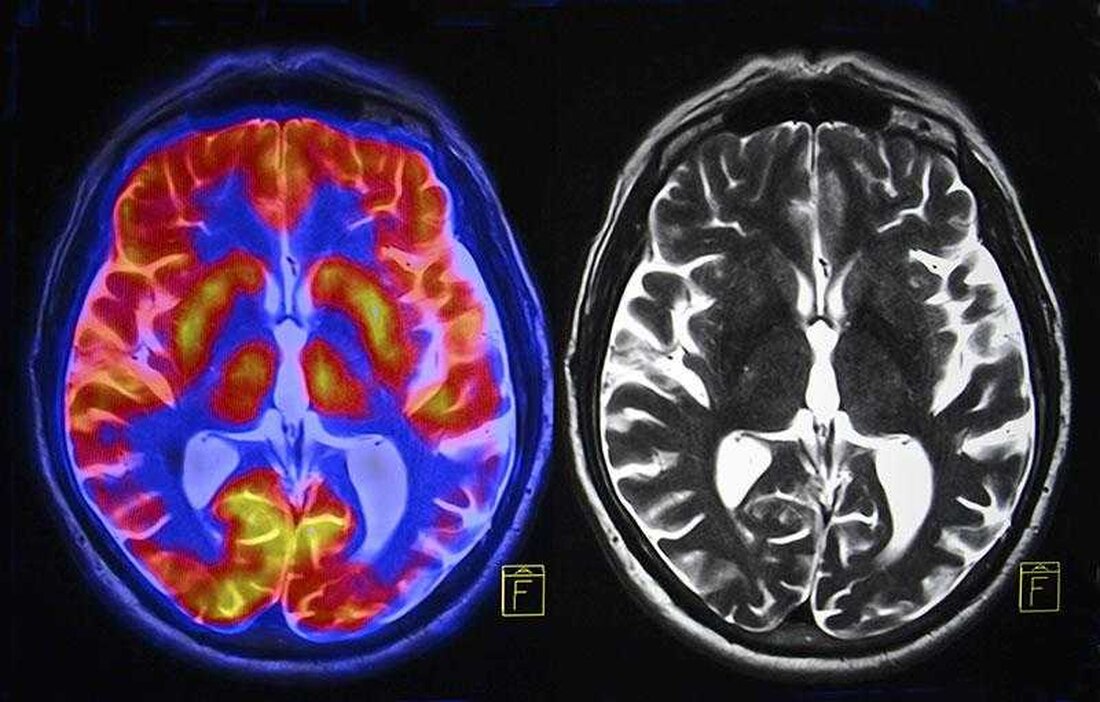Trauma exposure can alter brain networks associated with learning and survival
Traumatic experiences can have profound effects on our lives, both mentally and physically. We know that trauma can have long-lasting psychological and emotional effects, but recent research has shown that it can also alter the physical structure and networks of the brain. This impacts our learning and survival skills as it can completely change the way we process and store information. In this article, we will explore the effects of trauma on our brain networks and how this can impact our learning and survival. The effects of trauma on our brain...

Trauma exposure can alter brain networks associated with learning and survival
Traumatic experiences can have profound effects on our lives, both mentally and physically. We know that trauma can have long-lasting psychological and emotional effects, but recent research has shown that it can also alter the physical structure and networks of the brain. This impacts our learning and survival skills as it can completely change the way we process and store information. In this article, we will explore the effects of trauma on our brain networks and how this can impact our learning and survival.
The effects of trauma on our brain
Exposure to traumatic events can cause a variety of psychological and emotional effects, including feelings of anxiety, fear and depression. It can also have profound effects on our brains, as traumatic experiences can change the way we process and store information. In a study published in the journal NeuroImage, researchers used MRI scans to compare the brains of people who had suffered trauma with those who had not. They found that the brains of those who had experienced trauma had reduced levels of functional connectivity in brain networks associated with learning and survival.
In addition to changes in brain networks, exposure to trauma has also been linked to changes in brain structure. A study published in the journal Psychological Medicine found that those who had experienced trauma had increased gray matter volume in brain regions associated with emotion regulation and memory. This suggests that our brains may rewire themselves in response to traumatic events to cope with the experience.
How trauma can affect learning and survival
The changes in brain networks and structures caused by trauma can have profound effects on our ability to learn and survive. Reduced functional connectivity in the brain networks associated with learning and survival can make it more difficult for us to acquire new information and skills. This could lead to difficulties at school and work as well as reduced work performance.
The changes in brain structure caused by trauma can also affect our ability to survive in dangerous situations. Increased gray matter volume in brain regions associated with emotion regulation and memory can lead to an impaired ability to accurately assess risk, which can lead to dangerous and potentially life-threatening situations.
Exposure to trauma can be life-changing – and our research is beginning to uncover the physical changes that take place in our brains as a result. Decreased functional connectivity in brain networks associated with learning and survival, as well as increased gray matter volume in brain regions associated with emotion regulation and memory, can have profound effects on our learning and survival abilities. These changes can make it more difficult for us to acquire new skills and affect our ability to accurately assess risks in potentially dangerous situations.
Sources:
- Kannape, A.A., Boccia, M., Amorapanth, P., et al. (2020). Trauma exposure is associated with altered functional connectivity in brain networks supporting learning and survival. NeuroImage, 216, 116883
- Chilton, A.A., Caqueo-Urizar, A., Borsboom, D., et al. (2019). Trauma exposure is associated with increased grey matter volume in brain regions associated with emotion regulation and memory. Psychological Medicine, 49(13), 2149-2156.

 Suche
Suche
 Mein Konto
Mein Konto
